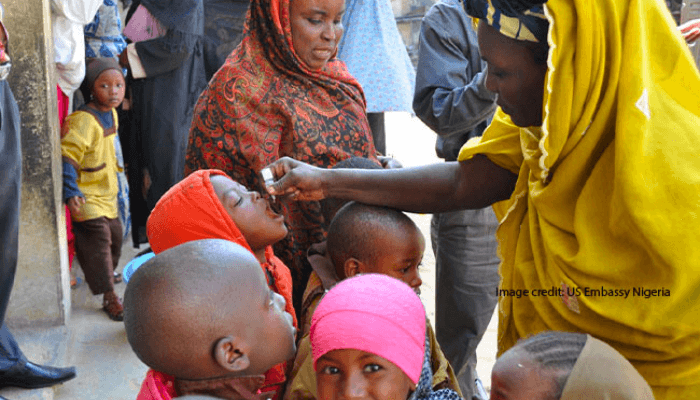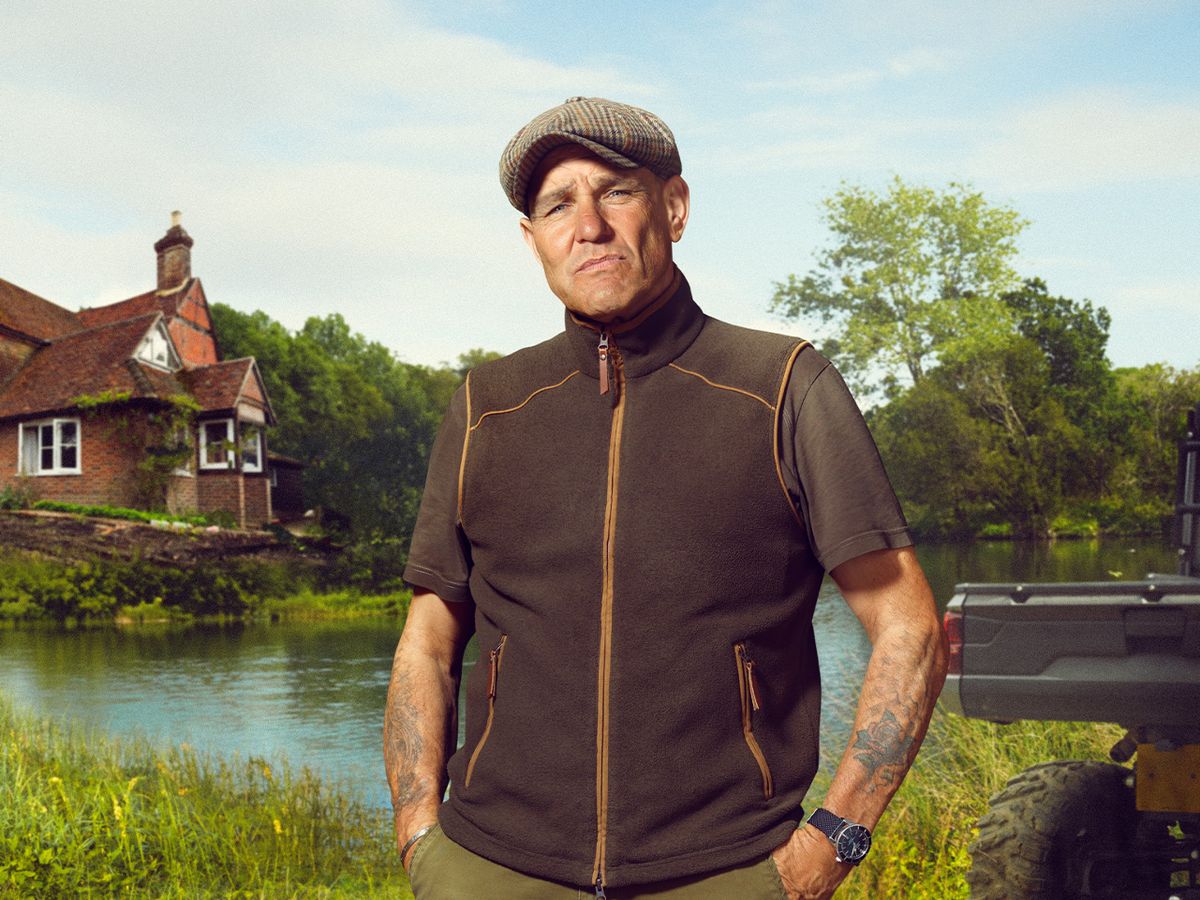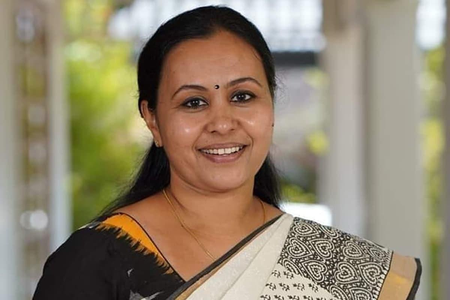Copyright Norfolk Virginian-Pilot

Every Veterans Day, America pauses to reflect — to honor the men and women who stormed beaches, flew into combat, endured foxholes or patrolled faraway provinces. Our tributes often come wrapped in sepia tones and solemn tradition. But while memory matters, so does imagination. The next generation of veterans — those who will serve between now and 2050 — will look radically different from those we honor today. According to “The Future Veteran: Who Will They Be in 2050?,” a study by the Center for a New American Security, this transformation is already underway. Fueled by technological leaps, demographic change and new forms of warfare, tomorrow’s veterans may never step foot on a traditional battlefield. Yet their service will be no less real — or consequential. Here in Hampton Roads, we see this shift firsthand — from the changes at Fort Eustis to the consolidation of other military installations. As one observer asked, “Do you see helicopters flying over Ukraine?” The nature of service is changing before our eyes. Today’s veterans are largely male, shaped by deployments to Iraq and Afghanistan. Many endured grueling ground combat; others supported missions from ships, bases or skies. They returned with visible and invisible scars and faced the maze of reintegration — navigating the VA, rebuilding identities and finding community in a society that often struggles to relate. We rightly celebrate their sacrifice. But if we define “veteran” only in these terms, we risk missing how fast service itself is evolving — and how unprepared we may be to support those who come next. The veteran of the future may never carry a rifle but might command drones, neutralize cyber threats or manage AI defense systems. Their trauma may not stem from battlefield conflict but from what they witness on a screen thousands of miles away. By 2050, veterans may be cyber analysts, drone pilots or even human-machine hybrid warfighters. Their résumés could resemble those of tech engineers more than platoon leaders. Technical fluency will matter as much as physical endurance. They’ll also be more diverse — more women, more people of color, more dual-career couples, single parents, and service members with advanced degrees or coding certifications. The old archetypes no longer apply. The veteran of 2050 is enlisting today. Yet our systems — from health care to hiring — remain designed for yesterday’s warriors. Are we ready to treat trauma born from digital warfare? Will employers recognize skills gained in quantum computing or cyber operations? The cultural and ethical divide is widening too. As war grows more remote and automated, public detachment from military service deepens. Future veterans may find themselves explaining not just what they did — but why it mattered — in a world where conflict is increasingly invisible. At a time of growing indifference toward the military, that invisibility threatens connection and support. Recently, I attended a Remembrance Day ceremony at Winfield House, invited by the chargé d’affaires of the U.S. Embassy. When asked if I would stay for the Cenotaph ceremony, I replied, “I am now.” The British know how to do ceremony — solemn, dignified, deeply moving. Yet, like many Veterans Day events at home, the audience is few, largely older, white and composed mostly of veterans themselves. If Veterans Day is to endure, it must evolve — remaining both a moment of remembrance and of anticipation. To truly honor those who serve, we must evolve with them: in policy, perception and the systems that sustain them. Change is not the enemy. As tools of war shift — from boots to bots, trenches to terminals — the essence of service endures: sacrifice, duty and commitment to something greater than oneself. So yes, let’s modernize our programs, language and expectations. But one thing must never change: our gratitude. That gratitude belongs to every generation — whether they fought in trenches, flew over deserts or defended digital front lines. It belongs to those marching in today’s parades and those still in uniform, preparing for a future we can barely imagine. This Veterans Day, let us honor the past and look ahead — promising that no matter how warfare changes, our respect and support for veterans will remain. David W. Walker of Williamsburg is president and CEO of the Coalition to Salute America’s Heroes.



